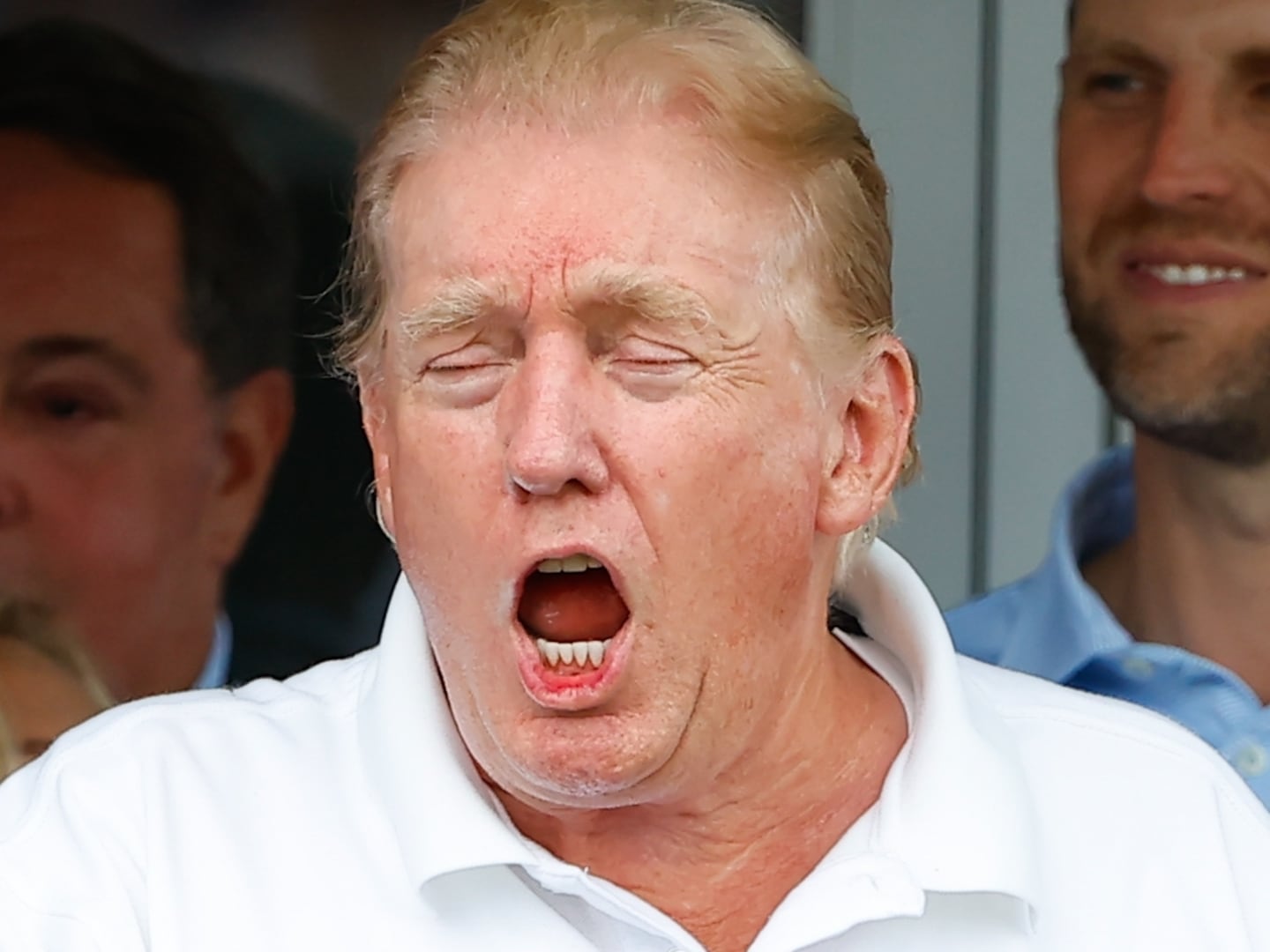The Republican Party’s struggles to win the votes of the Millennial generation are no secret, but Democrats shouldn’t break out the champagne: America’s youngest voting generation isn’t in love with either party.
In both the 2008 and 2012 elections, young voters broke for President Obama by historic margins and carried their Democratic lean down-ballot. This big swing toward Democrats wasn’t just the product of young people always leaning more liberal but reflected a more monumental shift toward generational fault-lines in politics that would favor the left in the future.
The Pew Research Center has rolled out a major new report on the Millennial generation, confirming the continuation of a number of big trends: Millennials are less likely to be married, less likely to be religious, and less likely to be Republican. These three trends all seem to spell major long-term problems for conservatism.
This has, of course, been viewed as great news for the left-of-center. “I, for one, welcome our new liberal overlords,” said New York Magazine’s Jonathan Chait. There’s quite a bit of data that has long suggested the Democratic Party has had a serious upper-hand in courting the youth vote in the last few elections.
Yet the conventional wisdom that the Republican Party is doomed and that Millennials’ major problem with the GOP is “the social issues” clumsily lumps together a variety of unrelated or loosely connected cultural issues, while also missing the fact that young voters are skeptical of pieces of the economic agendas of both parties.
The most obvious signs of the GOP’s struggle come from looking at the basics: only 17 percent of Millennials actually identify as Republican. While the late 1990’s and early 2000’s saw few generation gaps around Republican identification, the Millennials debuted significantly less Republican and have stayed that way ever since. Millennials are also the only generation where self-identified liberals outnumber self-identified conservatives.
Then, there’s the source of the “social issues” problem. Even Pew makes the mistake of lumping “the social issues” into one basket, with a question finding 57 percent of Millennials saying their “social views” have become “more liberal” over the course of their lives, compared to all other generations who declare they’ve become more conservative. On some issues, like same-sex marriage and legalization of marijuana, it’s certainly the case, and by huge margins. (Even six out of ten young Republicans support legalizing same-sex marriage.) However, Millennials are not the most “liberal” generation on either abortion or gun control.
While the Pew study lends much support to the story that the GOP is struggling with Millennials, far more interesting is the new revelation at just how much the Democrats have struggled with this generation in the last year or two. While Democrats have the edge over the GOP in terms of the number of Millennials identifying with their party, it is actually the Democrats who have seen a larger drop-off among the young in just the last few years. Obama's approval ratings, which at one point were sky-high with Millennials, have come back down to earth since the start of his second term. A majority of Millennials think the government should ensure everyone is covered by health insurance but 54 percent also disapprove of the Affordable Care Act, a result that is exactly in line with other generations’ views. Only three out of ten Millennials think there’s a “great deal of difference” between the parties, and half now consider themselves political independents.
Where the most important battle for the Millennial political soul will be fought is not over party labels or the big basket of “social issues” but rather over the generation’s view of the appropriate role of government. For years, there have been signs that the right was failing to make the case for limited government and free markets to the younger generation.
The Pew report finds that Millennials are the only generation that prefers that “big government and more services” to “small government and fewer services.” However, previous research has shown that many Millennials don’t get what the concept of “big government” is really referring to in the first place. This makes the question then sound a bit like an AT&T kindergarten focus group ad. (“Which pool would you rather go to, a really big, really fun pool, or a much smaller, less fun pool?” “What’s better: more services or fewer services?”) The right has its work cut out for it in selling its message of markets and limited government to a new generation, and railing against “big government” in and of itself as an abstract concept isn’t a winning message, but it’d be wrong to view these poll results as a Millennial love letter to federal bureaucracy.
Republicans have a tough hill to climb when it comes to developing its next generation of voters, but Democrats have also fallen out of favor. Millennials don’t love what they’re hearing from either side and are up for grabs. Smart leaders will make it a priority to win over this generation in order to win the future of politics.





